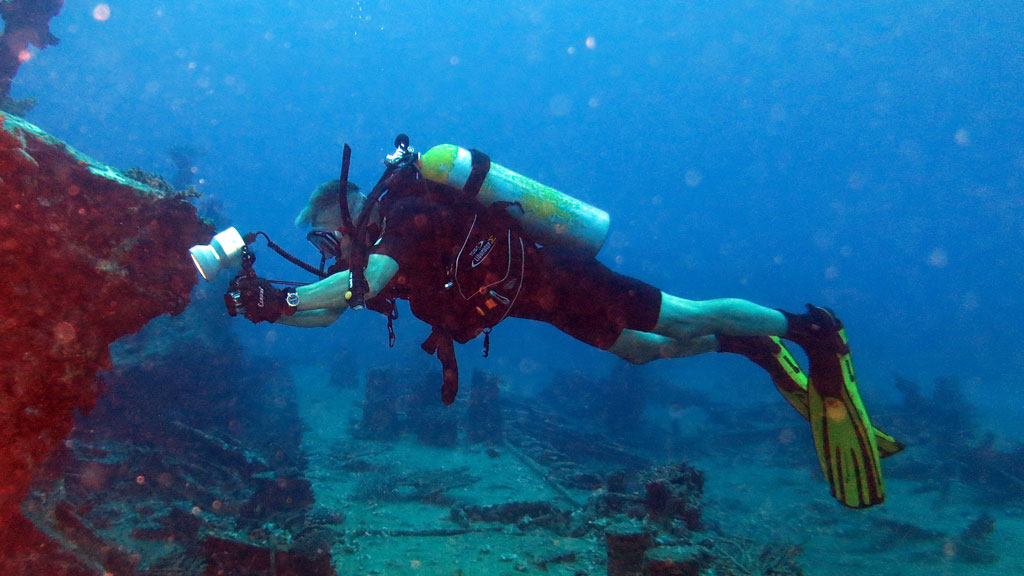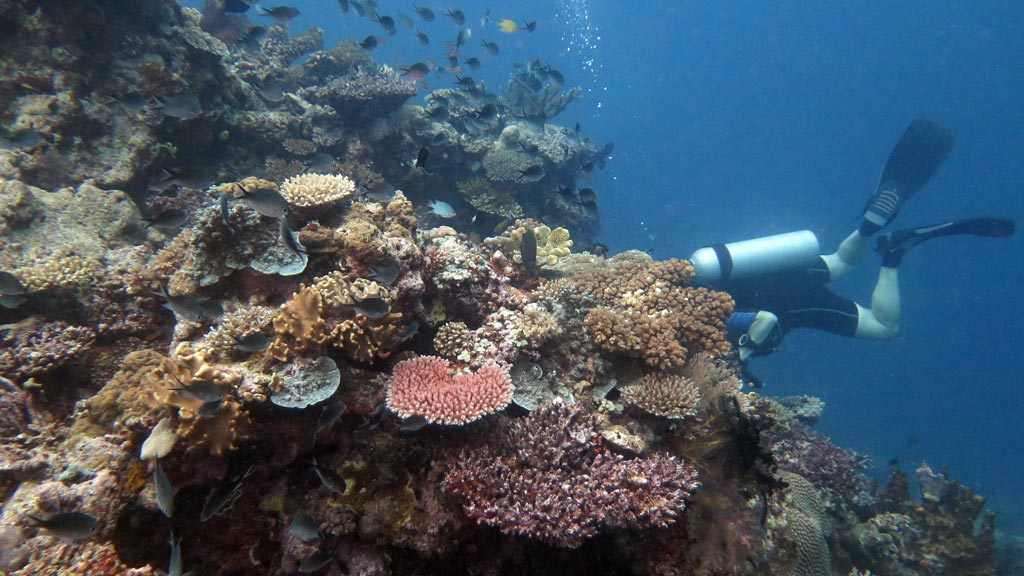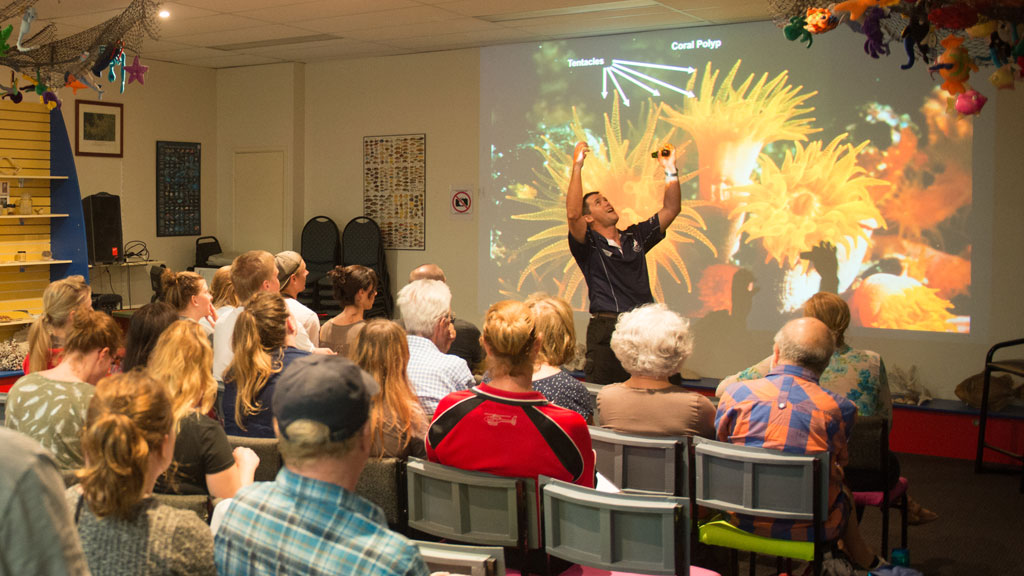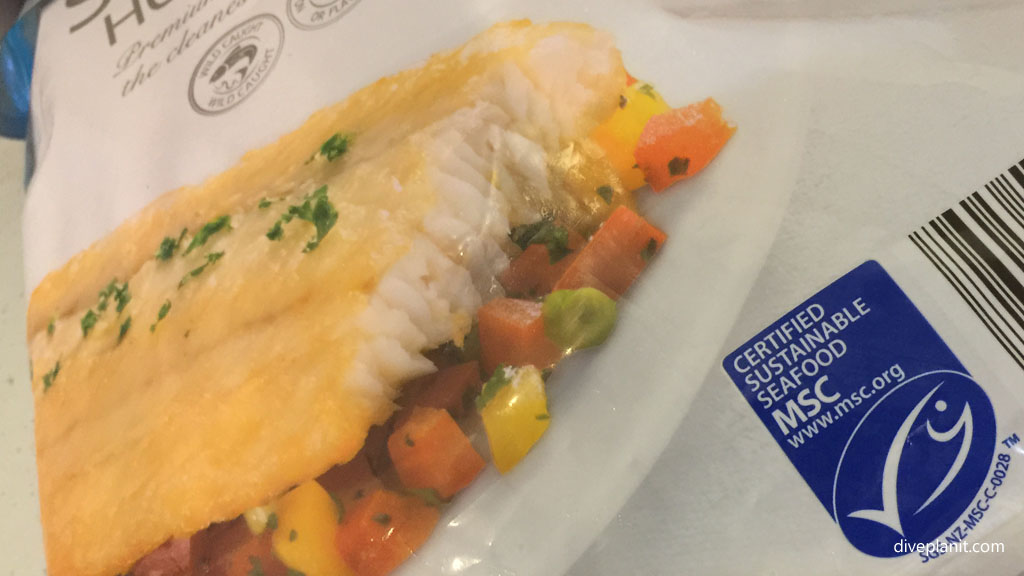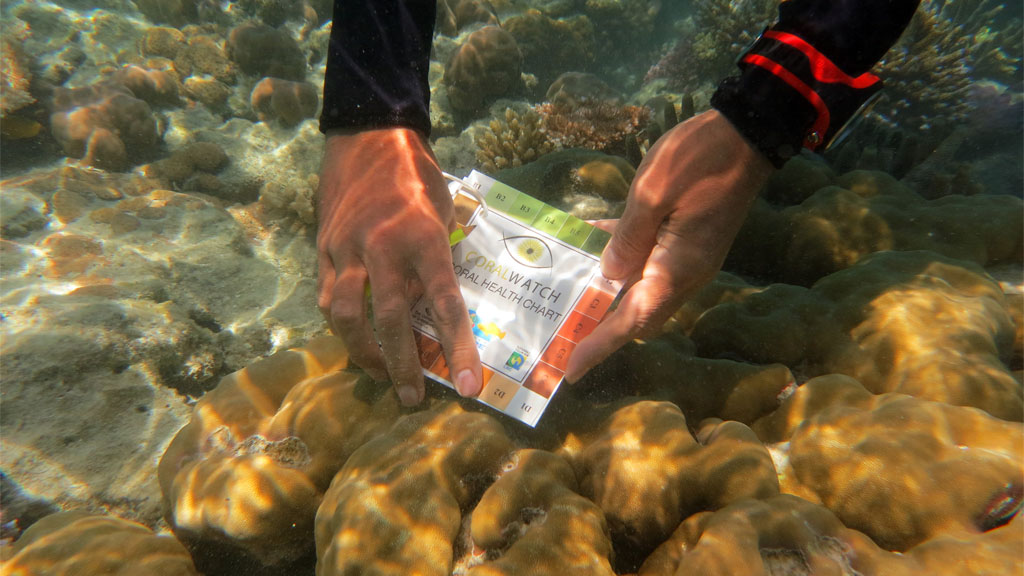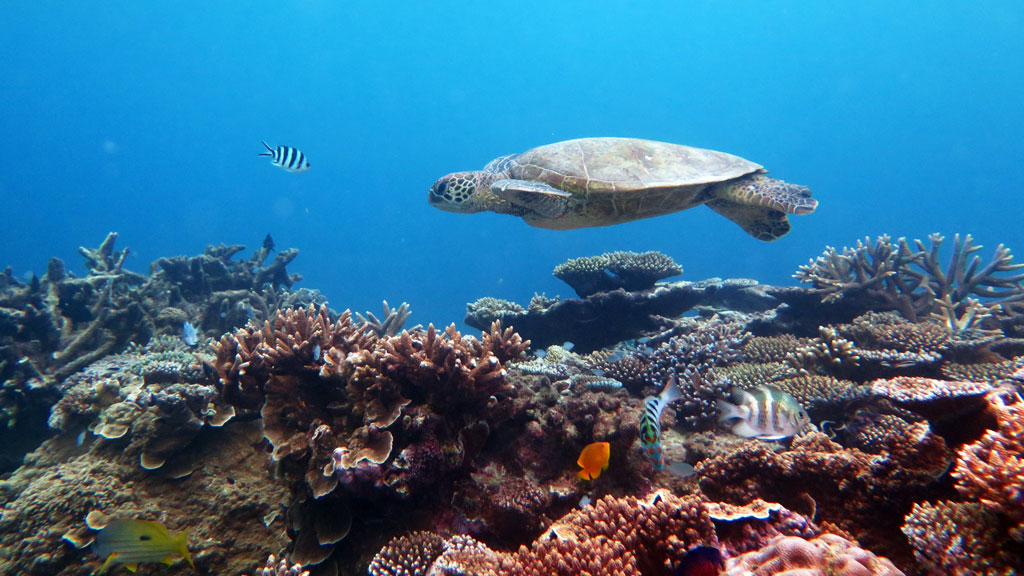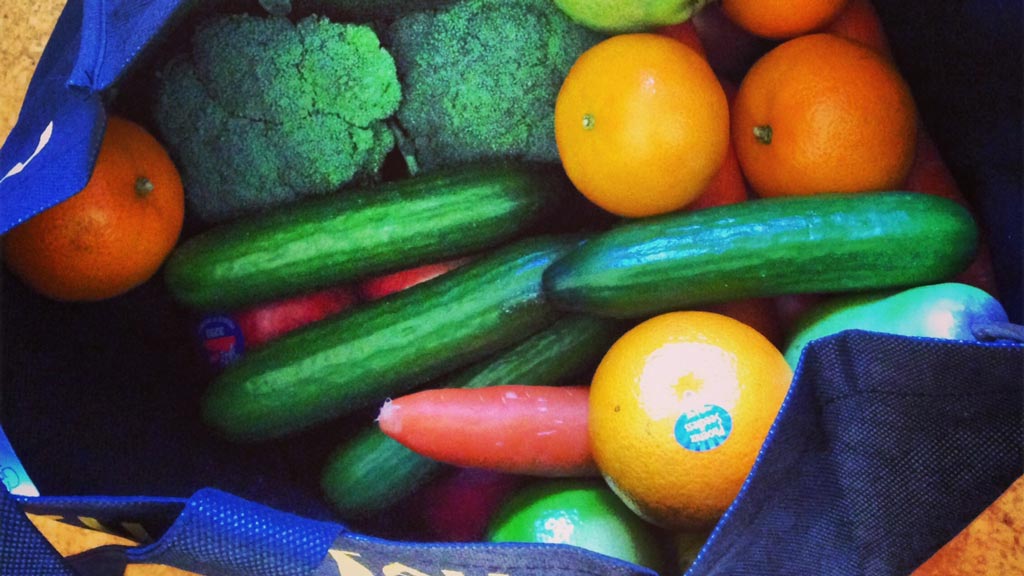It’s simple: you expect the divers who visit a site before you – or even just ahead of you – to leave it in the same state they found it. So the same applies to YOU! With increasing numbers of divers, diving the same sites over and over it’s particularly important that you leave no trace of your visit. So are you playing your part? In full? How many of these best practices do you observe?
1. Be a Buoyancy Expert
Learn to control your buoyancy to the point you can hover, motionless, above or beside a reef or a wreck. The underwater world is much more fragile than it appears. A single fin kick can destroy decades of coral growth. Even the silt, kicked up by careless fins, lands on corals, plants and animals impacting them.
Streamline your scuba and photo gear, keep your dive skills sharp, perfect your underwater photo techniques and continue your dive training to fine-tune your skills. Always be aware of your body, dive gear and photo equipment to avoid contact with the natural environment.
2. Remember your manners
You are a visitor in their environment – so remember your manners! Choose not to touch, feed, handle, chase or ride anything underwater. All these actions stress animals, and can impact feeding and mating behaviours. Picking up a simple sea cucumber will stress it for hours, touching fish can rub off the mucus that protects them from disease.
3. Take Only Photos – Leave Only Bubbles
Almost everything natural found underwater is alive or could be used by a living creature. Anything you remove impacts the environment and disturbs its balance – and diminishes dive sites for that next visitor. And photographers: please don’t be tempted to rearrange the landscape because it’s not quite so photogenic, or prod marine life so you can capture their reaction!
4. Learn about the Oceans
The more you know about the places you dive – the more you’ll enjoy diving them. Aim to learn about what to expect before you get in the water. Learn to look beyond the pretty fish and try to see the behaviour of the ‘Reef Society’. Being able to identify a cleaning station, for example, will bring the pretty fish to you.
If you’re heading to Cairns, we cannot recommend more highly Reef Teach – an entertaining evening where you’ll learn just how much to don’t know about coral reefs and the ocean environment.
Get the Diveplanit App. It’s free and it has a Fish ID with over 500 Critters for you to discover – and add to your dive log.
5. Be a Role Model
New scuba divers are being trained and certified every day. A good diver sets a good example for others when interacting with the environment – while underwater and on land. Feel empowered to explain to anyone doing the wrong thing the impact of their behaviours and what the right thing to do is – even if it is your dive guide.
6. Make Responsible Seafood Choices
Overfishing leads to species declines while harmful fishing practices damage and pollute underwater ecosystems. You play a critical role as a consumer. If seafood is part of your meal selection, ensure you’re choosing sustainably sourced species and encourage others, including restaurants and shop owners, to do the same.
How? Well for starters you can get the AMCS’s Sustainable Seafood App to help you choose when you’re standing there are the fresh fish counter. Or, you can look for the Marine Stewardship Council’s Blue Tick on frozen and canned seafood.
7. Discover your inner Eco-warrior – take actions
Scuba divers are some of the strongest ocean advocates on the planet. Now, more than ever, divers like you are taking a stand. Speak out for conservation, share your underwater images, use Apps like ‘Eye on the Reef’ to report environmental damage to authorities and campaign for change.
Get involved with citizen science environmental programs like: CoralWatch, and participate on local clean-ups – be seen to be doing the right thing.
Quite often you’ll find local programs whether you’re holidaying abroad, or close to home. For example, Fiji’s Castaway Resort runs a coral planting program, Eco Barge is cleaning up around the Whitsundays.
Finally, join campaigns, sign every partition and get out there and be seen to be campaigning for the right changes.
8. Be an Eco-tourist
Make informed decisions when choosing a destination and dive tour operators. Choose facilities committed to responsible social and environmental business practices that include water conservation, energy reduction, proper waste disposal, use of mooring buoys and respect for local communities.
Lady Elliot Island Eco Resort has won numerous awards for its sustainability initiatives.
9. Shrink Your Earthly Footprint
We are consuming the planet’s resources at an alarming rate, and at the same time, polluting the air with carbon dioxide and the ocean with plastic pollution.
Wherever possible: refuse, reduce, reuse, recover, recycle, or return. Take the time to look into your shopping basket – what’s the food to packaging ratio or the produce to plastic ratio?
Global warming and ocean acidification are putting the whole ocean planet, and particularly those coral reefs we love to dive so much, at risk. Do your part by understanding and reducing your carbon footprint and look for ways to offset what you can’t reduce.
Thank you for giving the ocean planet the protections it deserves.
If you liked this post, you might also like ‘Is that Eco Dive Resort really a sustainable dive centre?’

